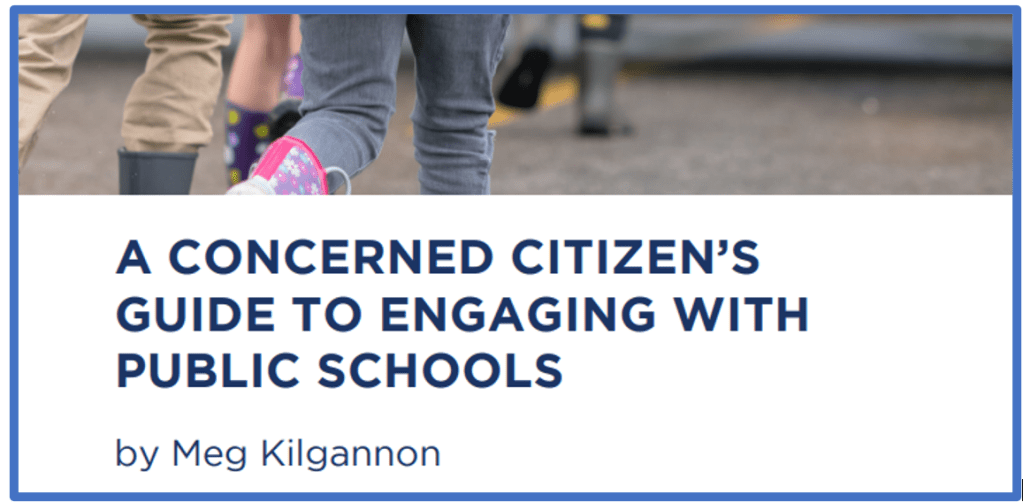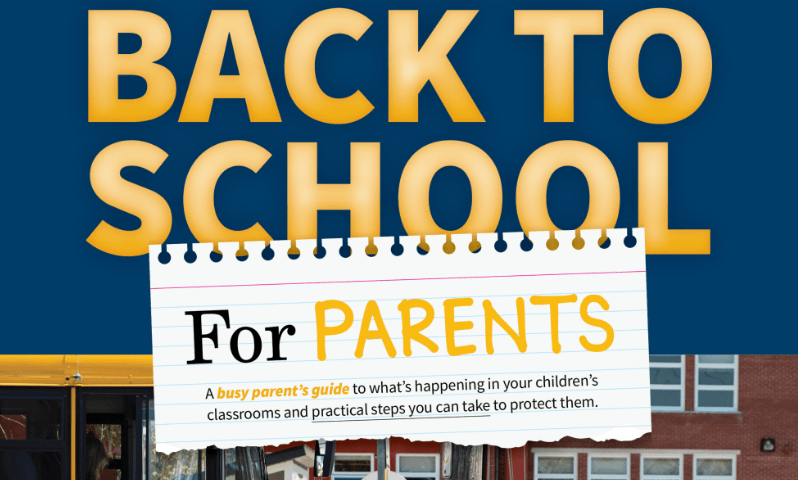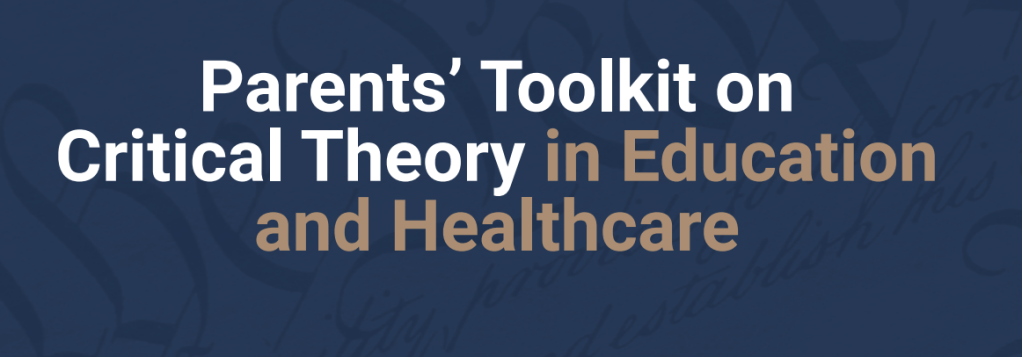Federal Level Statues and Supreme Court Decisions:
U.S. Supreme Court, 1925, Pierce v. Society of Sisters: (see section 10)
“The child is not the mere creature of the state“
” … we think it entirely plain that the Act of 1922 unreasonably interferes with the liberty of parents and guardians to direct the upbringing and education of children under their control. As often heretofore pointed out, rights guaranteed by the Constitution may not be abridged by legislation which has no reasonable relation to some purpose within the competency of the state. The fundamental theory of liberty upon which all governments in this Union repose excludes any general power of the state to standardize its children by forcing them to accept instruction from public teachers only. The child is not the mere creature of the state; those who nurture him and direct his destiny have the right, coupled with the high duty, to recognize and prepare him for additional obligations.”
U.S. Supreme Court, Wisconsin v. Yoder (1972): (see “Held, #1”)
“The traditional interest of parents [are protected]”
“The State’s interest in universal education is not totally free from a balancing process when it impinges on other fundamental rights, such as those specifically protected by the Free Exercise Clause of the First Amendment and the traditional interest of parents with respect to the religious upbringing of their children.”
U.S. Supreme Court, Abington School District v. Schempp, 374 U.S. 203 (1963) “The State may not establish a “religion of secularism”” “We agree, of course, that the State may not establish a “religion of secularism” in the sense of affirmatively opposing or showing hostility to religion, thus “preferring those who believe in no religion over those who do believe.”
Doe v. Irwin, 441 F. Supp. 1247 (W.D. Mich. 1977) – US District Court
US District Court for the Western District of Michigan – 441 F. Supp. 1247 (W.D. Mich. 1977)
November 23, 1977 (While not from the US Supreme Court, it is a clear judicial judgment regarding the parental rights encoded into the U.S. Constitution):
“The rights which plaintiffs assert here are at the heart of our nation’s traditions and collective conscience. It needs no further discussion to conclude that the right of parents to the care, custody, and nurture of their children is of such a character that it cannot be denied without violating those fundamental principles of liberty and justice which lie at the base of all our civil and political institutions. As such, the rights the plaintiffs seek to assert here are fundamental rights protected by the First, Fifth, Ninth, and Fourteenth Amendments of the United States Constitution.“

Idaho State Level Statues and Law Codes:
Idaho Code 32-1010. IDAHO PARENTAL RIGHTS ACT “(2) The interests and role of parents in the care, custody and control of their children are both implicit in the concept of ordered liberty and deeply rooted in our nation’s history and tradition. They are also among the unalienable rights retained by the people under the ninth amendment to the constitution of the United States. (3) The interests of the parents include the high duty and right to nurture and direct their children’s destiny, including their upbringing and education”
Idaho Code 32-1013: INTERFERENCE WITH FUNDAMENTAL PARENTAL RIGHTS RESTRICTED: “(1) Neither the state of Idaho, nor any political subdivision thereof, may violate a parent’s fundamental and established rights protected by this act, and any restriction of or interference with such rights shall not be upheld …”
Idaho Code 33-1608. FAMILY LIFE AND SEX EDUCATION (Parental Rights) “The legislature of the state of Idaho believes that the primary responsibility for family life and sex education, including moral responsibility, rests upon the home and the church and the schools can only complement and supplement those standards which are established in the family…”
US Supreme Court Decision on “Harmful to Minors”:
The State of Idaho on Materials “Harmful to Minors”:
Idaho Code 18-1514. OBSCENE MATERIALS — DEFINITIONS (Harmful Materials to Minors) “Harmful to minors” includes in its meaning one or both of the following: (a) The quality of any material or of any performance or of any description or representation, in whatever form, of nudity, sexual conduct, sexual excitement, or sado-masochistic abuse … “
Idaho Code 18-1513. OBSCENE MATERIALS — DISSEMINATION TO MINORS — POLICY. It is hereby declared to be the policy of the legislature to restrain the distribution, promotion, or dissemination of obscene material, or of material harmful to minors, or the performance of obscene performances, or performances harmful to minors. It is found that such materials and performances are a contributing factor to crime, to juvenile crime, and also a basic factor in impairing the ethical and moral development of our youth.
Idaho State Constitution, Article III, Section 24:

IDAHO House Resolution 23 (Ways and Means Committee, 2022):

Parental Resources for Public Schools:





